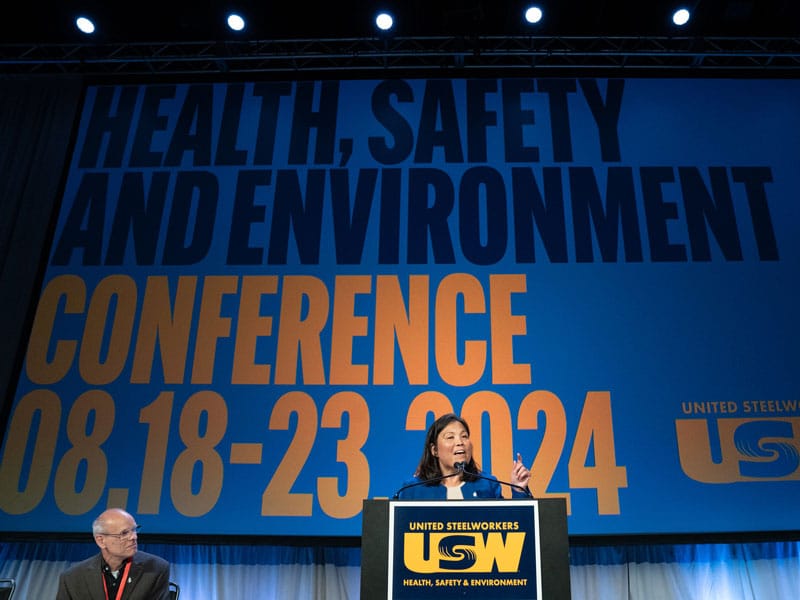Oil Industry Prepares to go to Court over EPA Rule Allowing Year-Round Sales of Ethanol
The oil industry is fighting a U.S. Environmental Protection Agency (EPA) rule issued on May 31 that allows E15 gasoline to be sold year-round across the country.
E15 has higher ethanol content and a high vapor pressure than conventional E10 gasoline. This makes the E15 gasoline evaporate more quickly and contribute to smog, which is why the EPA used to block its sale from June 1 to September 15 in smog-prone areas.
The change in regulation fulfills President Trump’s promise to allow more ethanol sales.
More ethanol affects the amount of oil in gasoline. With more ethanol, the integrated oil companies that explore, produce and refine oil cannot sell as much and must spend more to blend the biofuel into gasoline.
Oil refineries that do not have an ability to blend ethanol into gasoline at their sites must purchase more Renewable Identification Number (RIN) credits to prove compliance with the Renewable Fuel Standard (RFS). The manipulation of these credits causes RIN prices to skyrocket, forcing small refiners to pay more money toward RIN credits than on needed maintenance.
Oil industry trade groups charge that the new regulation violates the Clean Air Act and that Congress previously rejected the year-round sale of E15. Another major refiner argues that EPA’s consideration of E15 being similar to E10 is “arbitrary and capricious.” Judges use the “arbitrary and capricious” standard when judging administrative agency rule-making.
The EPA, at the urging of the Trump administration, included changes in the rule to increase the transparency in the RIN market and prevent manipulation of RIN prices during trading. The agency initially proposed greater trade limitations, but the integrated oil companies opposed it.
Increased transparency in the RIN market is welcome, but greater trade limitations would prevent integrated oil companies and other traders from hoarding RINs to drive up the market price.
Greater Transparency in RFS Waivers
Last year, the biofuel industry accused the EPA of being too liberal in the RFS exemptions the agency granted small refiners without back-up information or congressional oversight.
In response, U.S. Sens. Deb Fischer (R-NE) and Tammy Duckworth (D-IL) introduced on June 14 the Renewable Fuel Standard (RFS) Integrity Act of 2019.
The legislation would require small refineries to petition for RFS exemptions by June 1 of each year, and the EPA would be held accountable for exempted gallons in the annual Renewable Volume Obligation it sets every November.
The EPA would also have to reveal to the public key information about the exemptions and tell Congress how it determined which small refiners were eligible.
While transparency is favorable, this legislation does not resolve the problems with the unregulated RIN market that forces small refiners to request waivers. These refiners would not need to apply for RFS waivers if the blenders they take their gasoline to for ethanol blending were held accountable for upholding the RFS.
Is RFS Decreasing Emissions?
One of the reasons for the RFS is to help prevent greenhouse gas emissions. Recently, the Government Accountability Office (GAO) issued a new report on June 3 that said the RFS has had a limited impact on reducing greenhouse gas emissions because of the reliance on corn ethanol. Advanced biofuels, such as cellulosic ethanol, that could impact emissions have not been produced in mass quantities.
To read the story about EPA’s rule, click here.
To read the Progressive Farmer story about the RFS’s limit in reducing emissions, click here.
By clicking Sign Up you're confirming that you agree with our Terms and Conditions.
Recent News Articles
Want to Learn More?
See how the USW is making a real difference in our communities and our workplaces.

